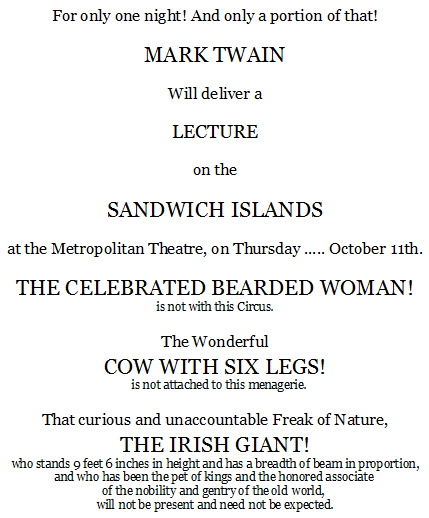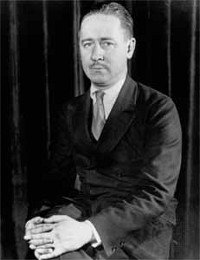From Henry Sampson’s History of Advertising From the Earliest Times (1875):
In 1821 Lord Camden decided to postpone the start of the fall hunting season. He directed a servant to notify the people, and the servant posted this handbill all over Kent:
Notice is hereby given that the Marquis of Camden (on account of the backwardness of the harvest) will not shoot himself, nor any of his tenants, till the 14th of September.
The Earl of Jersey had similar troubles — his servants once posted this notice at Osterly Park:
Ten shillings reward. Any person found trespassing on these lands or damaging these fences on conviction will receive the above reward.
“Somebody once said that nobody expects to find education or ability in a lord,” wrote Sampson, “but that is because his household are expected to fulfill his duties properly.”



